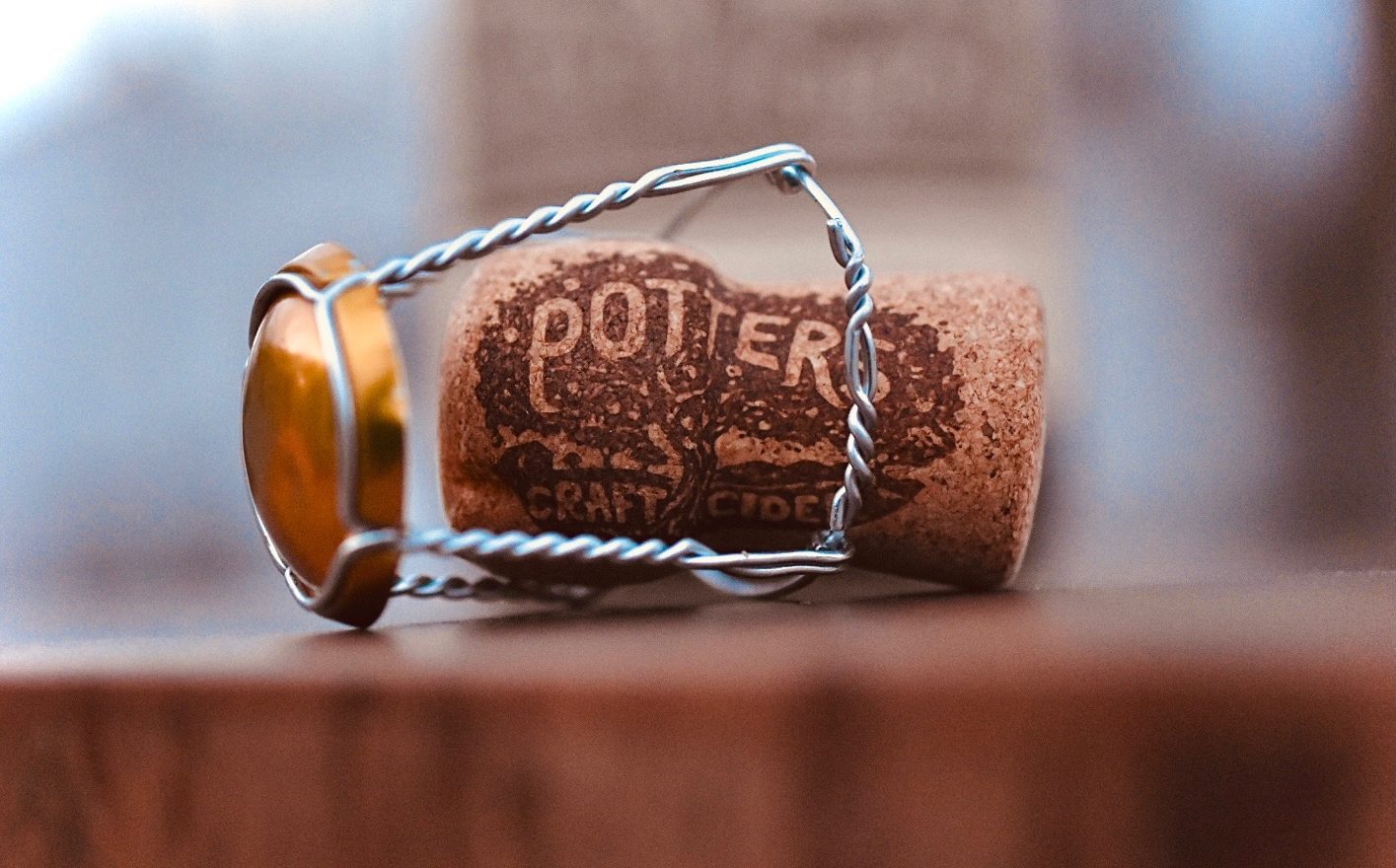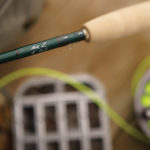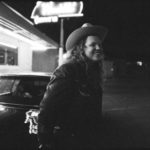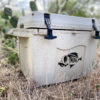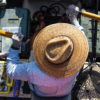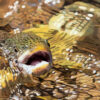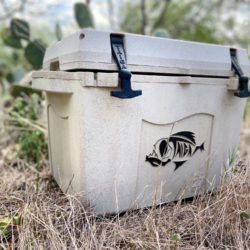More than 30 varieties of apples are grown in orchards across Virginia, giving hard cider makers plenty to work with. Accordingly, a craft scene has started to flourish in the Commonwealth, with tap rooms open in city neighborhoods and on rural farms. For some of the most inspired takes on fermented fruit, we’ve rounded up four of our favorite cideries.
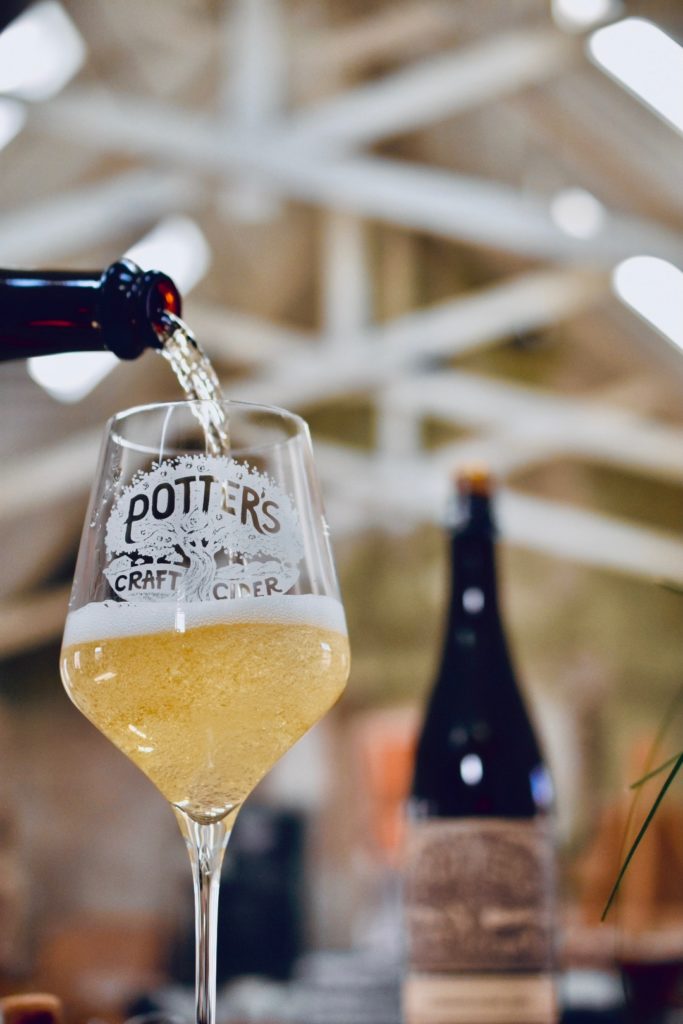
Potter’s Craft Cider
Charlottesville
Where to Visit: Although Potter’s has been making artisanal cider for nearly a decade, the popular cidery moved into a new home in 2019, repurposing Neve Hall, a century-old former church, into a stunning tasting room, with stone walls and cozy fireplaces, located in a rural setting just three miles south of Charlottesville. Potter’s often has an impressive line-up of live music, which provides the perfect backdrop for tasting creative hard ciders, like the popular Farmhouse Dry or the seasonally appropriate Cranberry Orange Blossom.
What to Drink: No worries if you can’t make it to the tasting room, because Potter’s is distributed throughout Virginia and in a handful of surrounding states. The aforementioned Farmhouse Dry—a crisp, brightly flavored cider made with Gold Rush, Albemarle Pippin, and Old Virginia Winesap apples—is available in 750 mL bottles, while other offerings, like the must-try Guava Galaxy, come in 12-ounce cans.
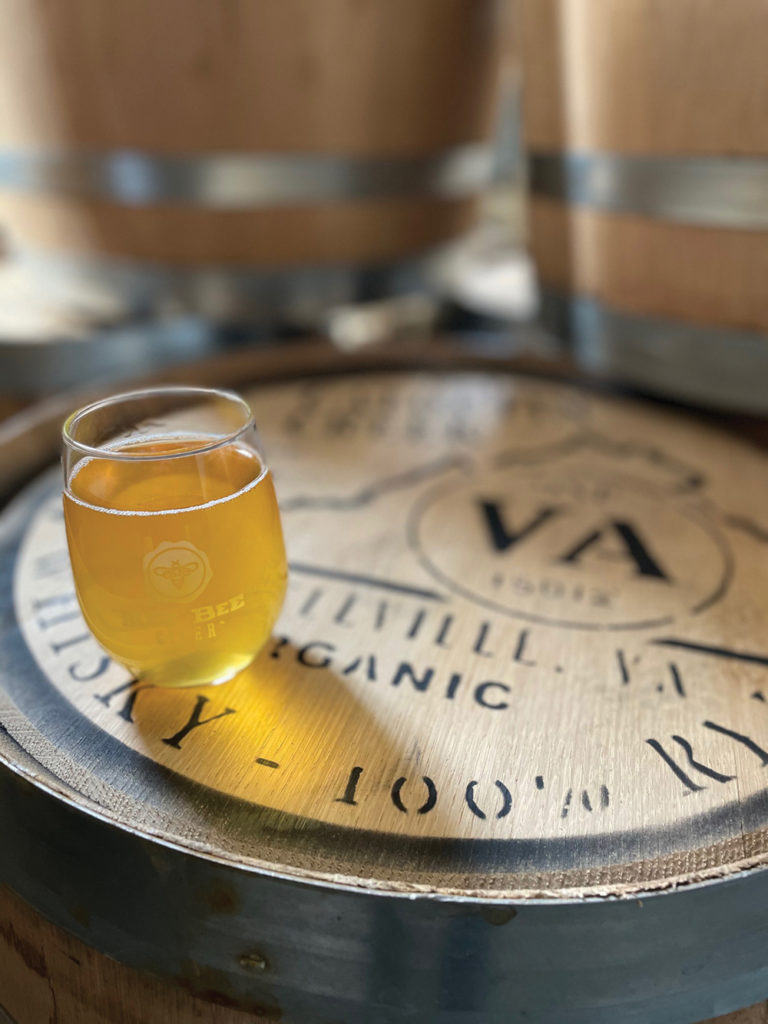
Blue Bee Cider
Richmond
Where to Visit: Virginia’s first urban cidery first opened in 2013, but settled in its current location, among the Richmond’s bustling craft beverage scene in the Scott’s Addition neighborhood, a few years later. Now located in a renovated building that once held mule stables owned by the city, Blue Bee is crafting some of Virginia’s most innovative ciders, using seasonally ripe, heirloom Virginia apples that are often infused with hops or additional fruit grown by local producers.
What to Drink: Rocky Ridge Reserve is made with a custom apple blend that’s aged in whiskey barrels from fellow Virginia outfit Catoctin Creek Distilling Company, resulting in a richly flavored cider that hits the palette with comforting caramel notes and the bright tartness of the fruit.
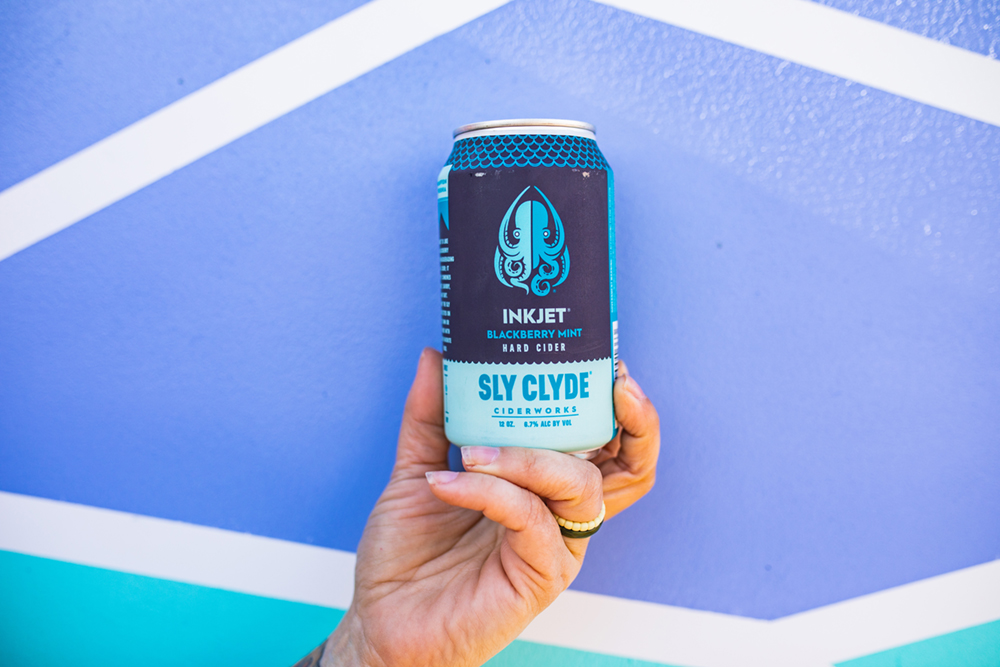
Sly Clyde Ciderworks
Hampton
Where to Visit: Brothers Tim and Doug Smith wanted to honor their late grandfather Clyde, so they named their urban farm cidery, located just a block from the Chesapeake Bay in Hampton, after the family elder. To match Clyde’s humorous, easy-going demeanor, the Smith brothers make an extensive lineup of approachable hard ciders that often mix Virginia apples with an array of spices and additional fruits. Popular options range from the dry Cut & Run, which is made with ginger and a hint of lemon, to the semi-sweet Swinging Compass, which features habanero and rosemary.
What to Drink: Sly Clyde always has a long list of ciders at their Hampton taproom, but the company also distributes cans in parts of Virginia and North Carolina. Check shelves for Inkjet, a slightly tart cider with blackberry and mint that tastes like a refreshing mojito.
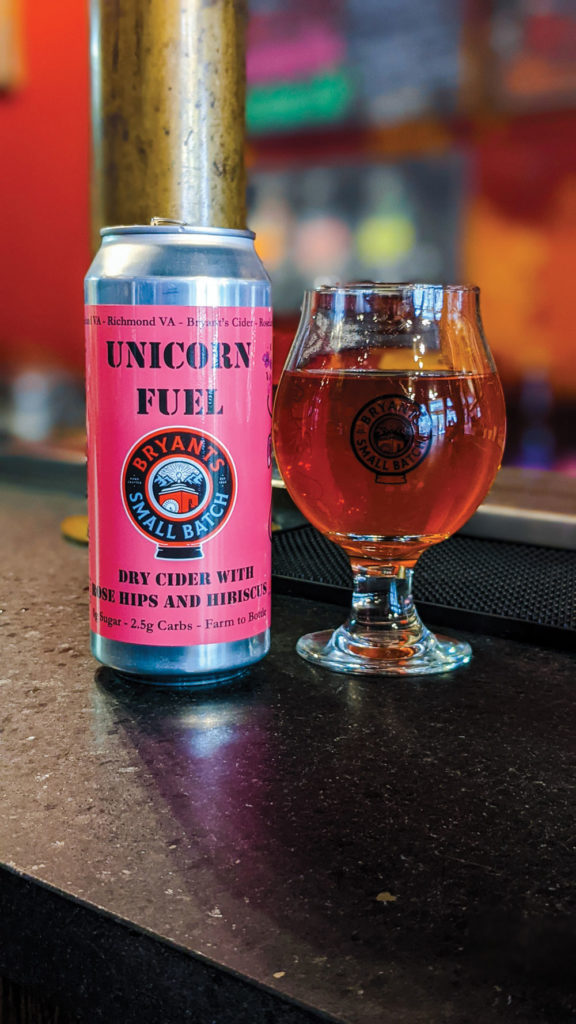
Bryant’s Cider
Richmond and Roseland
Where to Visit: There are two locations to taste Bryant’s small-batch cider—an 1850s storefront in Richmond’s Shockoe Bottom area and an idyllic family farm in Nelson County that also dates back to the 19th century. At the latter, the Bryant family has maintained orchards for more than 170 years, and today apples grown on the land are used to make dry, brut ciders—some aged in bourbon barrels or infused with local strawberries and peaches. At the farm location, cidermaster and owner Jerry Thorton also started brewing a limited line-up of craft beers, including a brown ale and a light hoppy wheat beer.
What to Drink: A cult favorite in the craft scene, Unicorn Fuel is a brut cider made with Nelson County apples that’s infused with organic rosehips and hibiscus. It’s perfect for those who like dry wines with a bit of citrus acidity on the back end.
Photos courtesy of the cideries

